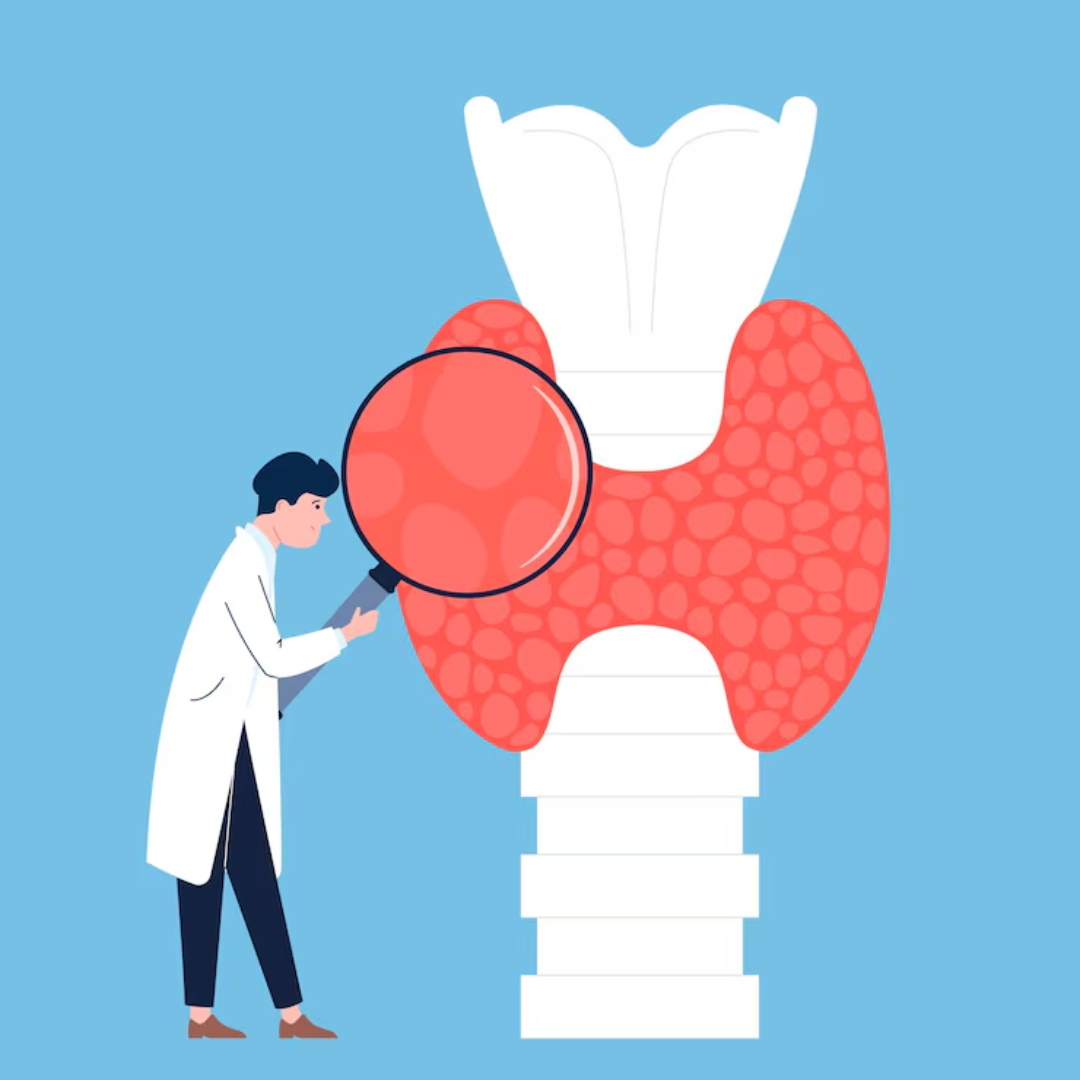What Is Endocrinology?
Endocrinology is the branch of medicine that focuses on the endocrine system, which is responsible for producing and regulating hormones in the body. Hormones act as chemical messengers that influence many essential functions — including metabolism, growth, mood, reproduction, and energy balance. Endocrinologists are specialists who diagnose and manage conditions caused by hormonal imbalances, gland dysfunctions, and metabolic disorders.
Common endocrine disorders include diabetes, thyroid diseases (like hypothyroidism and hyperthyroidism), polycystic ovary syndrome (PCOS), adrenal disorders, and osteoporosis. In children, endocrinology also covers issues like growth delays and early or delayed puberty. Because hormonal imbalances can affect multiple systems, symptoms are often widespread — including fatigue, weight changes, mood shifts, irregular periods, and more.
Treatment in endocrinology often requires long-term care, lifestyle adjustments, and in many cases, medication or hormone replacement therapy. If you experience persistent symptoms that point to a hormonal imbalance, it's important to consult an endocrinologist for evaluation and management.
Endocrinology is the branch of medicine that focuses on the endocrine system, which is responsible for producing and regulating hormones in the body. Hormones act as chemical messengers that influence many essential functions — including metabolism, growth, mood, reproduction, and energy balance. Endocrinologists are specialists who diagnose and manage conditions caused by hormonal imbalances, gland dysfunctions, and metabolic disorders.
Common endocrine disorders include diabetes, thyroid diseases (like hypothyroidism and hyperthyroidism), polycystic ovary syndrome (PCOS), adrenal disorders, and osteoporosis. In children, endocrinology also covers issues like growth delays and early or delayed puberty. Because hormonal imbalances can affect multiple systems, symptoms are often widespread — including fatigue, weight changes, mood shifts, irregular periods, and more.
Treatment in endocrinology often requires long-term care, lifestyle adjustments, and in many cases, medication or hormone replacement therapy. If you experience persistent symptoms that point to a hormonal imbalance, it's important to consult an endocrinologist for evaluation and management.
What Is Endocrinology?
Endocrinology is the branch of medicine that focuses on the endocrine system, which is responsible for producing and regulating hormones in the body. Hormones act as chemical messengers that influence many essential functions — including metabolism, growth, mood, reproduction, and energy balance. Endocrinologists are specialists who diagnose and manage conditions caused by hormonal imbalances, gland dysfunctions, and metabolic disorders.
Common endocrine disorders include diabetes, thyroid diseases (like hypothyroidism and hyperthyroidism), polycystic ovary syndrome (PCOS), adrenal disorders, and osteoporosis. In children, endocrinology also covers issues like growth delays and early or delayed puberty. Because hormonal imbalances can affect multiple systems, symptoms are often widespread — including fatigue, weight changes, mood shifts, irregular periods, and more.
Treatment in endocrinology often requires long-term care, lifestyle adjustments, and in many cases, medication or hormone replacement therapy. If you experience persistent symptoms that point to a hormonal imbalance, it's important to consult an endocrinologist for evaluation and management.




